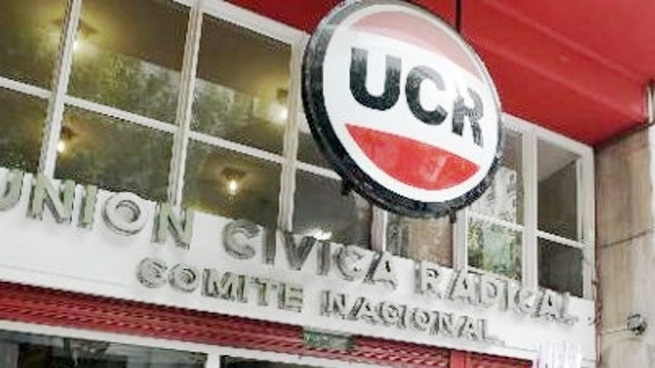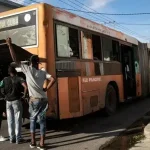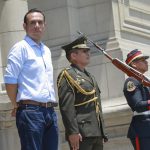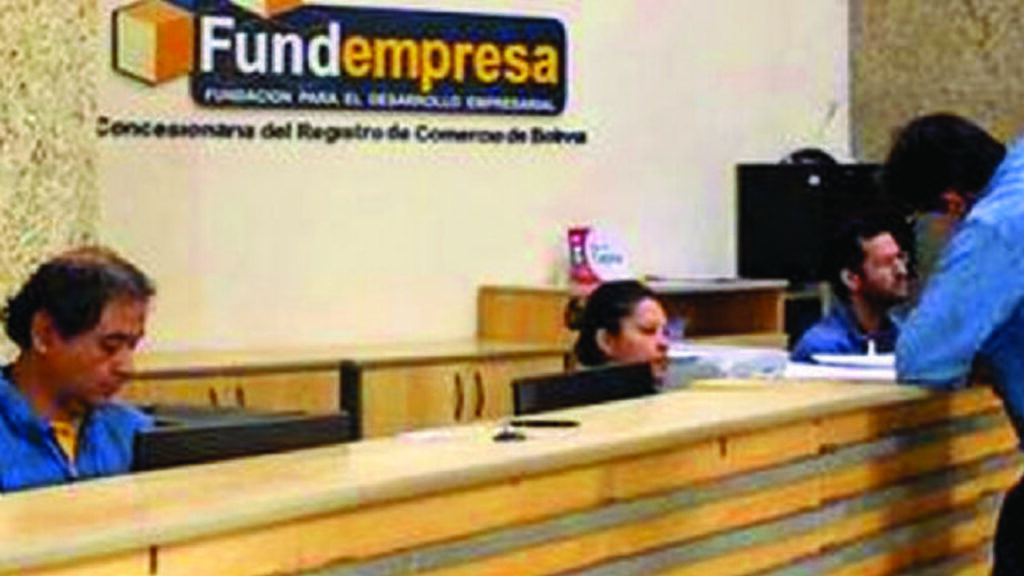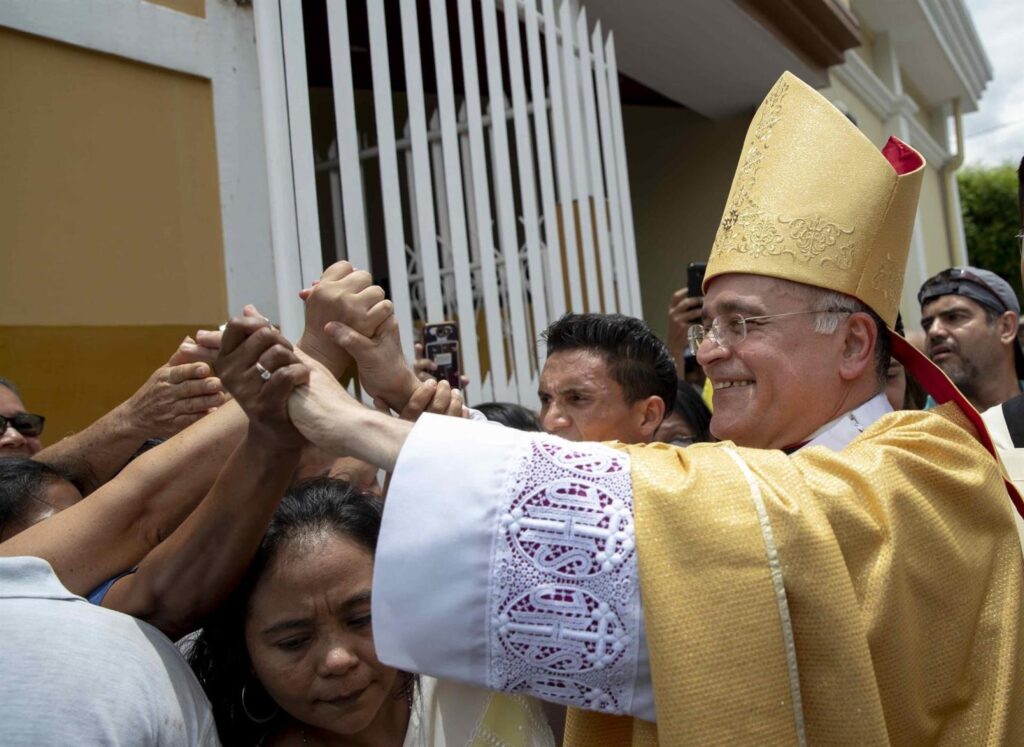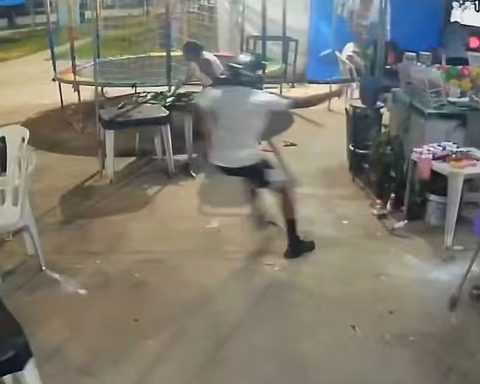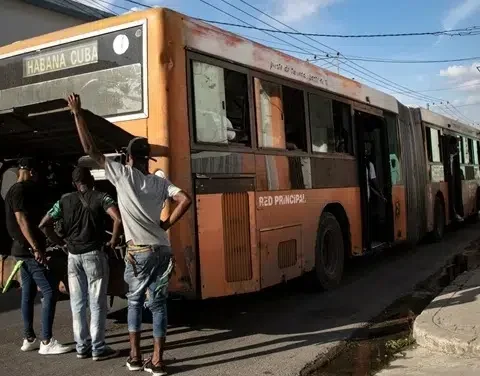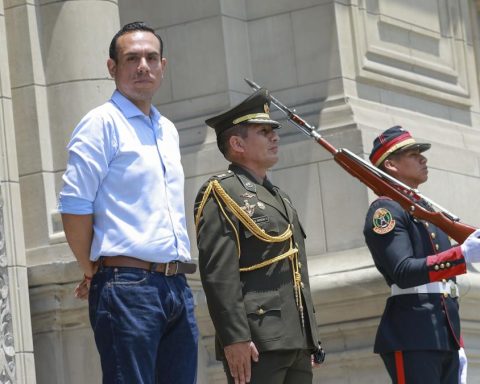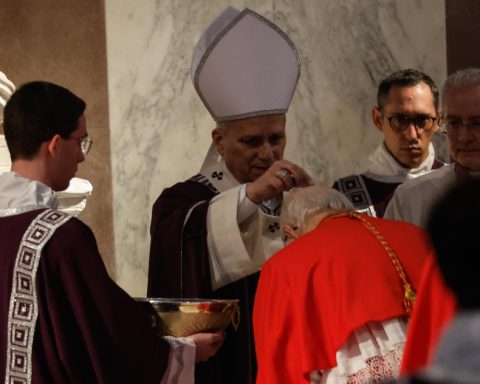Radicalism is preparing to choose between the end of April and the beginning of May the new authorities of its National Convention, one of the party leadership bodies together with the National Committee and that it has the strategic role of establishing electoral alliances for the 2023 presidential elections.
Different party sources told Télam that, as indicated in the party’s charter, the importance of the convention has to do with the fact that establishes the party’s electoral alliance policy, prepares and approves the program for each presidential term and, eventually, can choose the presidential formula in case the STEP instance does not exist.
This year’s convention elections, a priori, They will repeat the power dispute that occurred during the election of authorities of the National Committee, whose leadership has been led since December by the governor of Jujuy, Gerardo Morales.after getting a large majority of representatives from all over the country to support his candidacy against the intention of winning that position of the senator Martín Lousteau and his internal line, Evolution.
The differences between the majority radicalism sector and Evolución were also reflected at the end of last year when the bloc of national deputies broke up and two benches were formed: that of the UCR, with 33 deputies and led by Mario Negri, and that of Evolution, with 12 legislators and chaired by Rodrigo de Loredo.
Despite this break in the bloc, the UCR managed to consecrate unity leadership in the National Committee and, as a result of this agreement, Morales was appointed president and Lousteau vice president of the centenary party.

The next formal steps for the election of authorities of the convention go through the call that the National Committee has to make to set a date for renewal of positions in the organization which is currently chaired by Jorge Sappia.
The convention is one of the oldest organs of radicalism and is made up of more than 300 conventional companies from all over the country. Each province is represented by a number equivalent to the number of national deputies and senators that each district has.
Thus, for example, the city of Buenos Aires has 28 conventions: the equivalent to the representation of its 25 national deputies and three national senators.
The majority sector of the party, referenced in the potential presidential candidates Gerardo Morales and Facundo Manes, would agree to promote for the role of head of the convention Gastón Manes, brother of the national deputy.
While Lousteau’s sector, Evolution, would lean towards Hernán Rossi, current official of the Ministry of Development Economic of the City.
The historic party leader Enrique “Coti” Nosiglia, close to Lousteau and the “porteño” radicals, would also enter the negotiation, who last days broke a long media silence to provide a report questioning former president Mauricio Macri.

In recent history, the most remembered radical convention is the one that took place in March 2015 in the Entre Ríos city of Gualeguaychú, where radicalism consecrated its alliance with the PRO, still in force, and which would end in the electoral victory of Macri in the presidential election that year.
